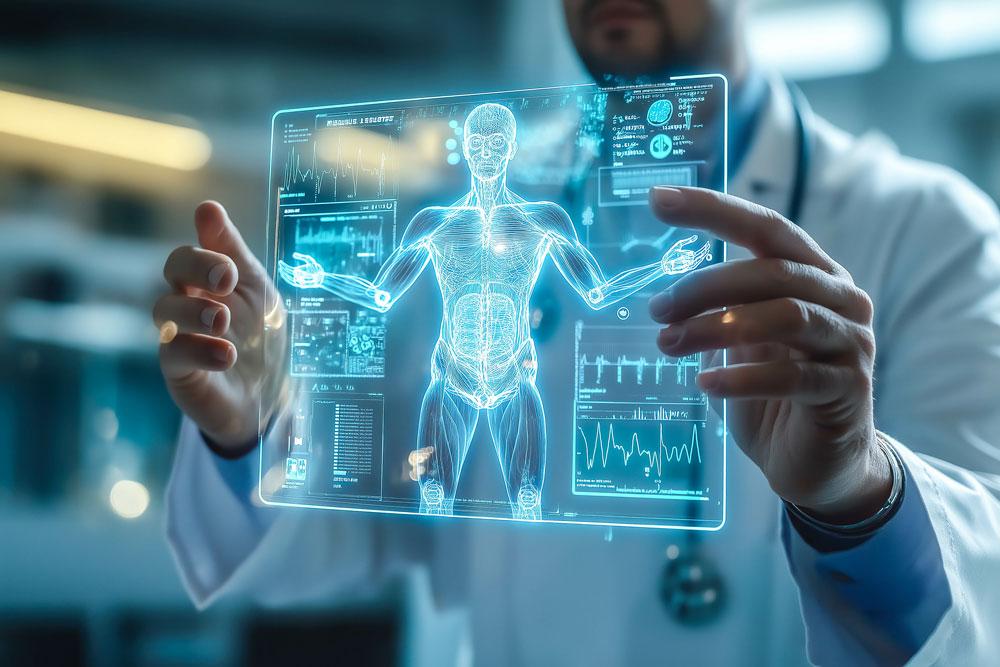The Medicines and Healthcare products Regulatory Agency’s (MHRA) AI Airlock programme has received a £1 million boost to facilitate its expansion. This will allow the programme to explore first-of-its-kind regulatory testing ground where companies can work directly with regulators to safely test new AI-powered medical devices through streamlined regulations.
Applications are open today for the second round of funding, following a successful pilot phase that saw four breakthrough AI technologies, such as software that could help doctors create personalised cancer plans, and a tool to help monitor AI performance in real time.
This ‘sandbox’ testing space creates a boundary between experimental AI and fully-approved medical technology used in the real world, and follows the Regulatory Horizons Council report on regulation of AI as a medical device to enable safe AI innovation through strategic guidance to regulators to enhance their AI abilities.
Backed by the government’s new Regulatory Innovation Office (RIO), more regulators are able to test more agile, flexible ways of working to keep pace with technologies like AI.
Health minister Baroness Merron said: “AI has huge potential to improve healthcare, and we need to use it safely and responsibly. The AI Airlock programme is a great example of how we can test new technology thoroughly while still moving quickly.
“This £1 million investment will help bring new medical tools to patients faster and strengthen the UK’s position as a global leader in healthcare innovation.”
Science minister Lord Vallance said: “Backing innovation means backing better regulation—and that’s what the RIO is here to do.
“Smarter, faster approaches like the AI Airlock are helping to cut red tape, bring safe new technologies to patients quicker, and ease pressure on our NHS—fuelling the government’s Plan for Change.”
Last year, one of the projects selected for the inaugural AI Airlock cohort was Phillips’ Radiology Auto Impression project, which tested the use of generative AI to automate the writing of radiologists’ final impressions. Another project by health tech startup Newton’s Tree tested its Federated AI Monitoring Service (FAMOS) to identify and mitigate AI risks in clinical settings, including performance drift or safety issues.
Applications for the second short open on 23rd June 2025 and will close on 14th July 2025.


